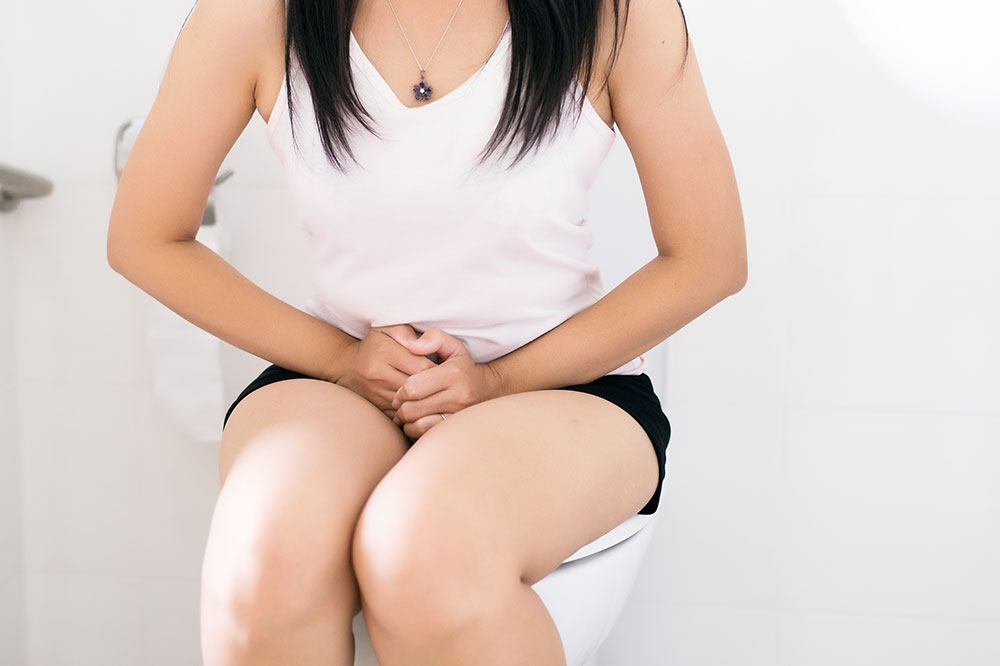5 peeing mistakes to avoid for a healthy bladder

Most people do not give much thought to the way they urinate. But the way this important natural bodily function is carried out has a huge impact on health. A few peeing mistakes can cause bladder and kidney problems, hormonal imbalances, or other urinary tract infections that put health at risk in the long run. So, here are some common peeing mistakes one might be making and ways to avoid them:
Holding it in
When one is engaged in important activities, they may delay urinating even if they feel the urge. Although the bladder is designed to expand, holding pee for a long time repeatedly can damage the organ and lead to chronic bladder overstretching, disrupting bladder control. Parents or caregivers can help kids understand the importance of taking regular bathroom breaks even when in school.
Peeing too frequently
If one pees too frequently, even when they don’t need to, the bladder gets trained to respond to smaller volumes of urine. An overactive bladder can hamper daily life, making peeing too much one of the top peeing mistakes to avoid. Further, if one is unable to hold their pee at all, this could be a sign of an underlying health condition.
Wiping incorrectly
One should wipe from front to back after peeing. This is important as the anus and perianal area breed bacteria that can enter the body and cause infections while wiping from back to front. Similarly, wiping excessively or aggressively can irritate the skin and make one vulnerable to infections.
Not staying hydrated
Issues like pain while urinating or not peeing enough can be associated with dehydration. Usually, clear urine indicates that the body is hydrated. Not drinking enough water can make the pee take on a dark yellow color or an odor. Over time, dehydration can increase the risk of urinary tract infections and kidney or bladder stones, among other health issues.







